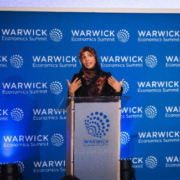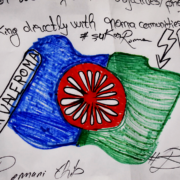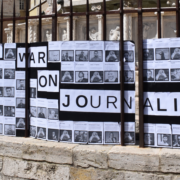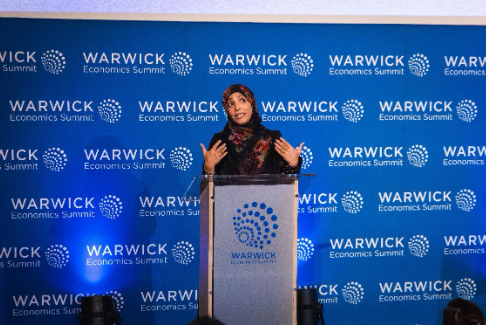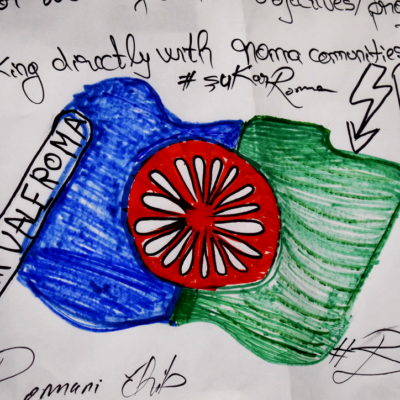As the European Union grows to welcome Croatia, the new member state will enjoy the benefits of a united continent while continuing to challenge euro skepticism.
By Jake Dalli
This was the sentiment shared as three active youths discussed youth opportunities in Croatia as a EU member. Participating in the dialogue were Sandra Petrovic Jakovina, Croatian S&D MEP-elect; Marko Grdosic, a former AEGEE [European Youth Forum] president; and Mirela Travar, Secretary General for the Croatian Youth Network.
As Croatia’s unemployment rate stands at 18.1 percent, the country’s EU membership has been met by skepticism and concern. However Jakovina considers the accession as a statement of consensus.
“Croatia is joining in a very sensitive period, but the problems are the same to [sic] the EU”, the MEP said. “…membership should not be a goal but an expression of the country’s orientation towards the EU’s goals.”
She argued that the EU’s cooperation will help solve such problems, citing the EU youth strategy as one of the initiatives which would work towards such a goal.
For Grdosic, Croatian youth will become more tolerant and open minded through international projects funded by the EU.
“It’s about the personal enrichment of people,” said Grdosic, speaking of the youth in action and ERASMUS programmes in particular.
However, Grdosic pointed out that Croatian youth have been benefitting from such programmes before accession and that new opportunities will be made available while others will continue grow. ERAMSUS, for example, will prosper as higher education is recognised by means of the Bologna Process.
“We know that as long as the education system is more harmonised and interconnected, that more degrees will be recognized; not just ERASMUS, but also others,” said Grdosic.
The advantages of EU funding do not stop at education; in fact, Jakovina said that Croatia will be benefitting from a budget of 267 million euros across several fields.
Secretary General of the Croatian Youth Network, Mirela Travar, described the accession process as a development for Civil Society which the country will continue to benefit from.
“Civil society was smart in looking at laws from the Copenhagen agreement to push and move forward important things; citizens in general have greater access to mechanisms and institutions which are safeguards.”
She also acknowledged that such a mindset will allow youths to continue voicing their opinion on a national level and influencing such decisions.
However, the gains which Croatia will reap through its EU membership may be at risk – considering the population’s supposed euro scepticism. In fact, the country’s first ever European elections were marred by an especially low turnout of only 20.4 percent.
While Grdosic attributes the turnout to the population being generally apathetic, Travar referred to a long history of political corruption.
Acknowledging a link between corruption and apathy, Jakovina said that it results in a catch-22 situation where youth would not want to get involved in politics.
“It’s a vicious cycle – you want to see more [new, young] people in politics because you believe they won’t be corrupted, but young people don’t want to get involved [because of the stigma].”
However, Grdosic was more optimistic about the situation – saying that the first EU elections were only held for a one-year term and that one had to take this into consideration. The corruption stigma, he said, may be related less to the perception of national politics than European politics.
Grdosic also said that in a period where the EU institutions are under heavy criticism due to economic concern, Coratia has reignited the value of European membership.
Jakovina looked towards next year’s EU elections and the possibility of another low turnout which would further stress the problem, emphasising the importance of having high participation in elections.
“The European parties make very important decisions for you. It is really important to have the real picture with the political opinion of citizens.”


